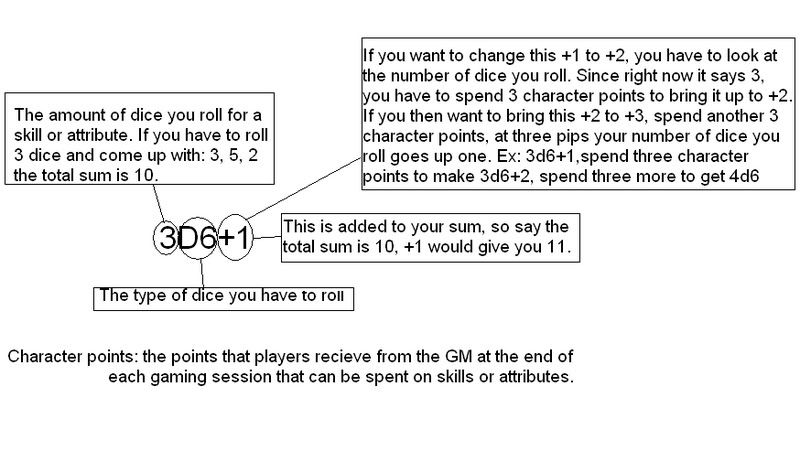From the sounds of it, the simple system you may want to look at is the d6 system. I used to go to RPG sessions for Star Wars that used this. It seems like the SPECIAL system could possibly be converted into the d6 system. For one thing, you can have six to eight primary stats. Well SPECIAL has seven, shouldn't be too hard to convert. Each Primary stat has points put into it at the start, generally stays the same after tha. The more points into it, the better they are become. With the D6 system, your stats get better with the more points you stick into it. Another similarity is that skills correspond with the Primary Stats. The better the stats, the better the skills corresponding to those stats are.
Another thing to consider is that you don't have to get the players to mathematically find out what all their stats percentages are. You just have to add dice points to it. You also don't have to stick down every single skill; the primary stats dice are used in the place of the skills they did not add dice to. The player just writes down the skills they think best suites their character.
Races would not be a problem, well, more so Human sub divisions. The mutated humans just have modifiers to their stats. There can also be Primary stat limitations. Not only you can have races, but also job templates along-side them. These give you the Primary stats and skills you need for each job, plus anything that only the job gives the character. For example, a vault dweller citizen template could have most of the primary stats into Intelligence (skills: Mechanical, Science; Computer, Medical) and charisma (Persuasion, barter, sense motive) while a Mutant warrior would probably have his strength (skills: Melee, throwing, lifting, unarmed) and endurance (skill: Running, climbing, jumping, swimming) higher. The templates also give the characters a set of starting items.
One of you has mentioned of some sort of difficulty modifier chart for tasks. This could easily done with the d6 system. There are set number for easy to heroic tasks (you have to roll the set number or above) The player just has to roll their d6's and their total sum is compared to the chart. If they don't make the specified number, they fail. If they do make it, they succeed. If they make it to a higher difficulty category (for example: they only need to make difficult, but they role heroic) their action is done with some good modifiers involved. Other modifiers include the Critical hit or miss. This is done easily too. The player just picks one dice to be a "wild Die". If this die rolls six, well, roll again until you don't and add up those points. If one is rolled, well, roll till you don't have a one and take away your highest number.
There are some things from fallout that would revise some of the rules of the d6, like perks and traits. Though the d6 system has no levels, these could be dealt with. Traits, as before, could just be picked at the start. No problem there. Just some numbers have to be changed. For perks, you just keep track on how many points you earn each time you end a session. Sure you can still spend them, but keep track on how many you have made and add them with points accumulated from other sessions. At a certain amount of these points, you can get a perk. Now, with traits, you could just it as if you were specialising in a skill. For Example: Instead of specialising in melee; knives, you can still have three traits and stick it on a skill without having to specialise on a specific aspect of it, Melee: all.
There is much more to d6, so I will just provide some links. I am not saying that this is the way to go with fallout, but it can be a possible direction. All there is to it is read the information in the links and see what you think. Then decide if it will work or a horribly bad idea.
Note:
Most of these links are games with the D6 system implemented into them, one is just with some of the rules only.
Links:
P.s:
Do you want any more traits? I can send a bunch of extra traits and perks that i found on the internet besides some of the ones already shown to you.





